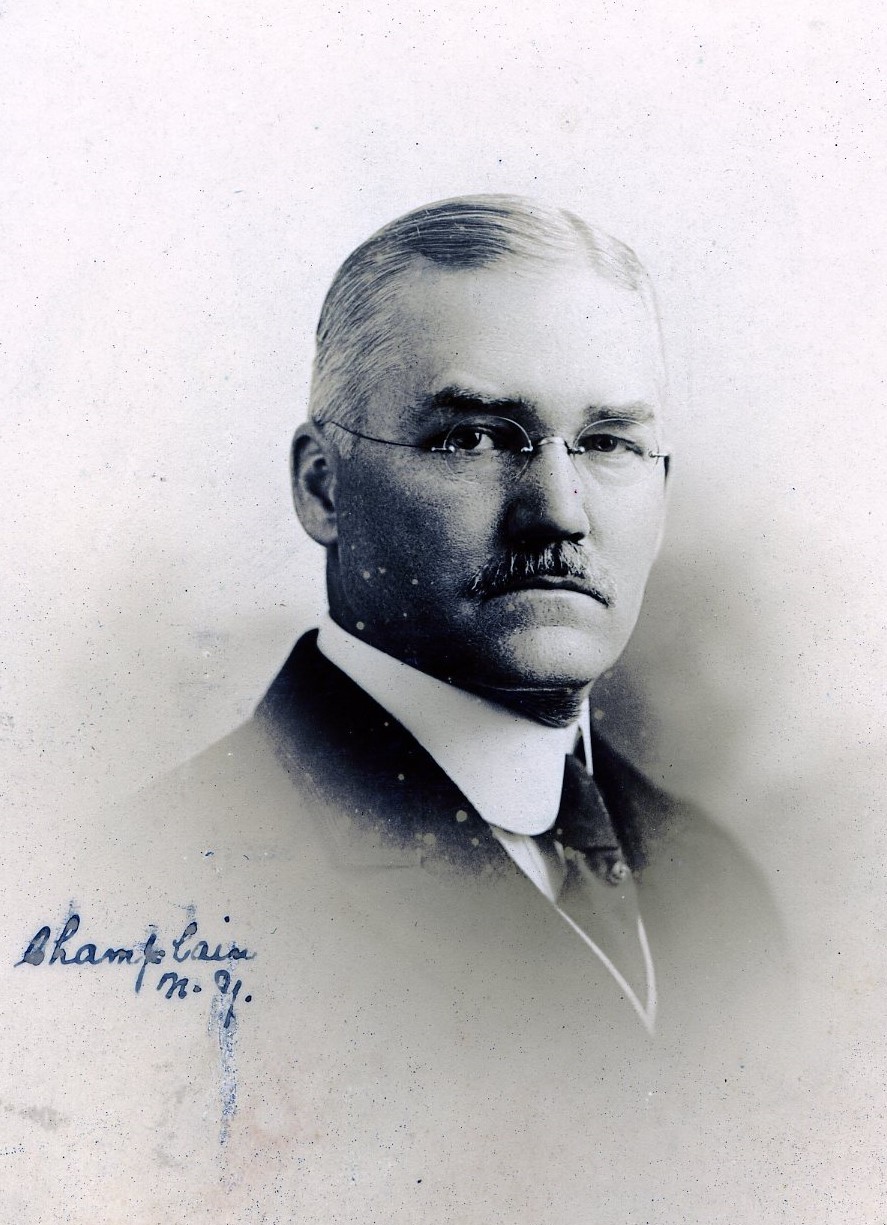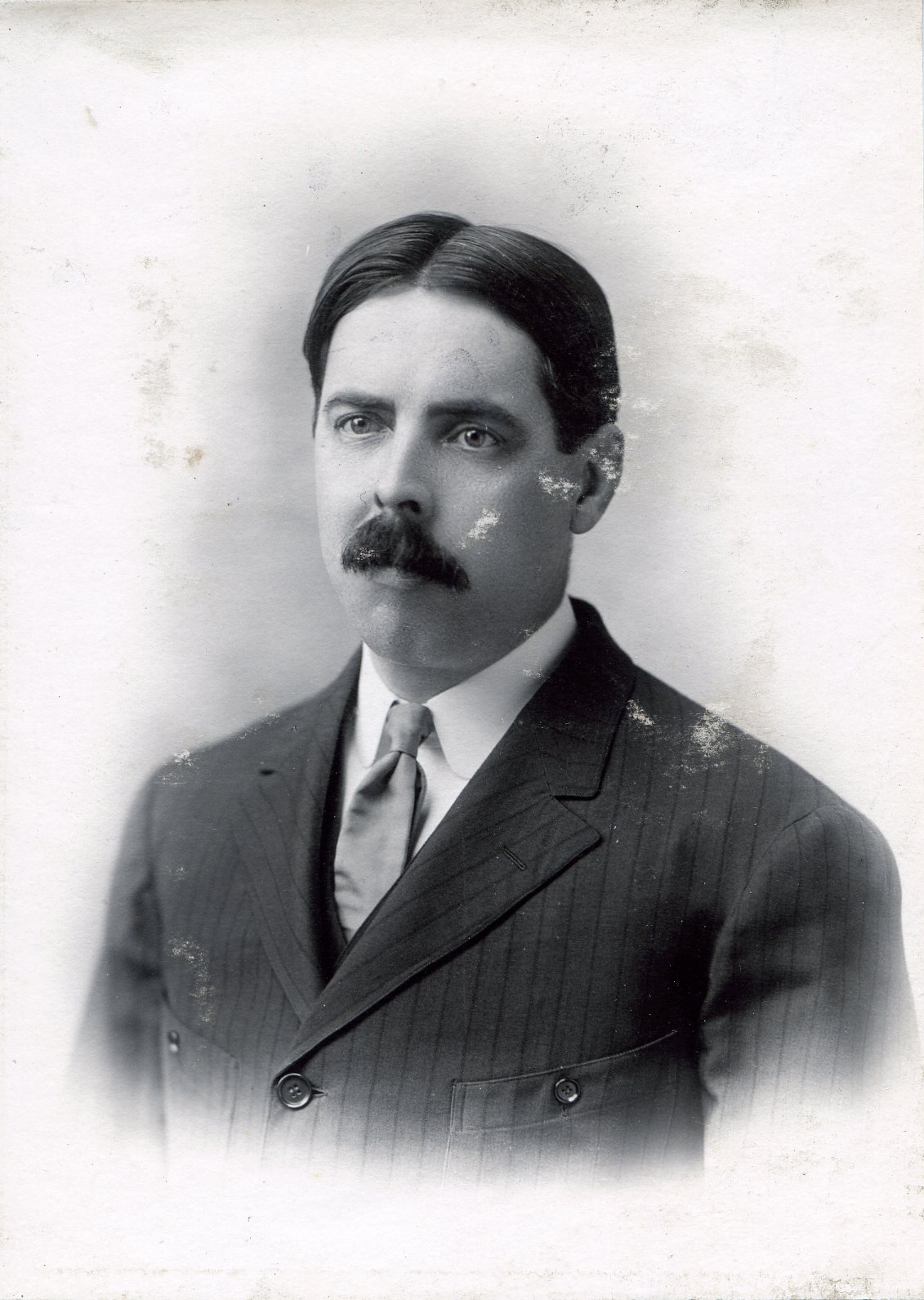Member Directory,
1847 - 1922
Paul Monroe
Professor/Director, School of Education
Centurion, 1918–1947
Edward L. Thorndike and James Manning Bruce
North Madison, Indiana
Garrison, New York
Age forty-eight
Sleepy Hollow, New York

Century Memorial
Paul Monroe. [Born] 1869. Educator.
Education is the American religion and at home and abroad we have proselytized it with conviction, skill and energy. To those not in the business the extent of our international penetration is not generally known; but you will remember that Centurion Wendell Willkie had the acuteness to see it as he travelled in far places; and in One World he ascribed to American education the principal source of our reservoir of foreign good will. In the processes of education, as in science, our own contributions have tended to be technological, not fundamental: in short, the American character has again revealed itself to be an organizing character. We have made education big business and we can show anybody how to set up and run a school system just as well as we can show them how to build and run a hydro-electric plant, in all its ramifications from cement for the dams to the toast on the breakfast table. And as we have done it for electrical plants, we have done it for educational plants.
Of our international educational engineers, none was superior to Paul Monroe: sometime Director of the International Institute of Teachers College of Columbia University; President of Robert College and of the American College for Girls in Istanbul, adviser on education to the governments of Puerto Rico, the Philippine Islands, Iraq, China and Japan; member of the Board of Trustees of the China Foundation for Education and Culture, of the International College of Smyrna, of the American School at Sofia, of Lingnan University in China; President of the China Institute in America; President of the World Federation of Education Association; Editor of the five-volume international Cyclopedia of Education.
But engineer that he was, Dr. Monroe was also a foremost student of the history of education, whose writings are the basis of educational [illegible word] everywhere. He liked people, was warm hearted and whole-souled and he had friends, legions of them, all over the world. Without his gifts for friendship he could not have been the great American missionary that he was; and this was also what made him one of us.
Source: Henry Allen Moe Papers, Mss.B.M722. Reproduced by permission of American Philosophical Society Library & Museum, Philadelphia
Henry Allen Moe
Henry Allen Moe Papers, 1947 Memorials


